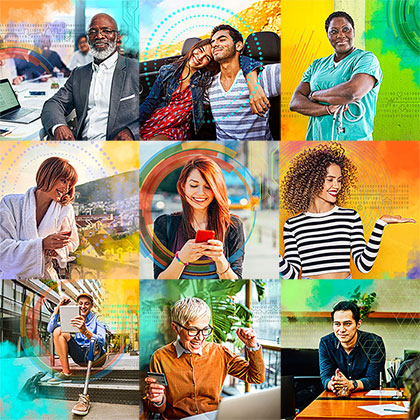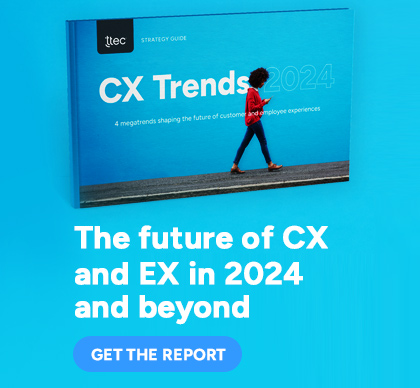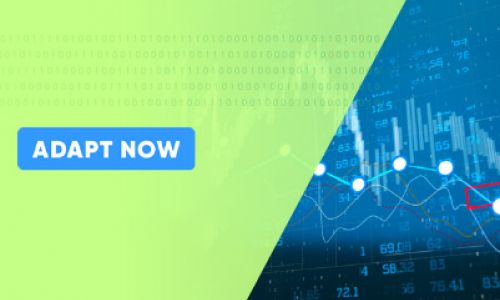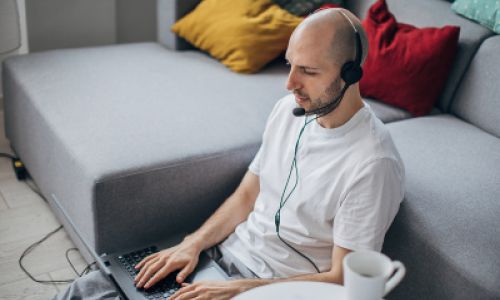Society, technology and geography are critical factors that often shape a person's career decisions. 2020 expedited these factors, especially in the open talent economy.
At the recent Global Technology and Business Services Council's virtual global series event, business leaders and experts weighed in on immediate and future impacts effecting freelancing, gig work and crowdsourcing. Here are my key takeaways from the event and some opinion on developments within this area:
What is open talent?
Open talent, according to Barry Matthews, founder of Re-Source and Global Sourcing Association Council Member, is a mindset that incorporates the use of flexible talent access compared to the traditional brick-and-mortar job. This incorporates freelancing, gig work and short-term contract work mainly incorporated through digital platforms.
According to Gartner, gig work represents roughly 25% of the global workforce, and by 2025 this may account to anywhere from 35% to 40%. This type of work has exponentially grown as digital channels become a primary source of contact and organisations seek to recruit talent beyond geographical restraints.
1. It's leveling the playing field
Geography is being rewritten digitally. A major theme throughout the conference was the concept of open talent being an ecosystem of skills that is not constricted by borders.
One example of open talent's rebalancing effect is Egypt's Future Work is Digital (Egypt FWD) Program, a government initiative that trains Egyptian youth in various aspects of technology to give them the necessary skills, education and edge in the freelancer market.
As Nicola Moussourou, HR director of HPE, puts it, individual skill will be leveraged more as geographical walls are lowered. In short, talent recognises talent, and the growing market will allow individuals to break through the traditional workplace.
2. A fresh mindset is needed
Open talent is introducing highly skilled, tech-savvy individuals into the workplace. But it is essential that organisations do not confine their skills to only freelancing and vice-versa only to physical positions.
Matthew Mottola, author of The Human Cloud, discussed the need for workplaces to avoid becoming constrained by any prejudices surrounding gig work, such as discounting it as a service only startups use or that only younger workers do it.
Instead, consider that the open talent market is comprised of a diverse ecosystem of top talent choosing to work for themselves.
3. Authenticity is a must
How we define work is always evolving, but it's vital that the workplaces of the future--digital or physical--cater to the needs and expectations of people. Peter Quigley, CEO of Kelly, explained it simply by saying that employees want:
- Meaningful tasks with defined morals
- Stimulating activity
- The ability to learn while working
He stressed that while technology is making collaboration easier, it is equally important that technology enables access to work they enjoy, have connections with and enables diversity and inclusion. This is crucial as the tolls of COVID-19 effect mental and physical health.
Embracing Culture and Happiness
Two of the closing speakers: Katarzyna Kern, Head of Global HR at ANSR and Zanele Njapha, The UnLearning Lady at TomorrowToday Global, championed the idea of embracing culture and happiness at work. They both described the impact of individuals being removed from their offices and the new-found importance of what ties people together when they are apart.
With a strong possibility that many workers may not return to physical office spaces for many years, Kern and Njapha encouraged organisations to embrace a fluid, hybrid approach that aims to engage employees anywhere they are.
Happiness for all workers--gig, part-time and physical employees--must become a necessity.
Shape a better employee experience
As the open talent economy continues to grow, a common lesson from several of the speakers was to be adaptive to change but remain steadfast to the values people hold dear: treat everyone equal, lead with values and inspire growth.






